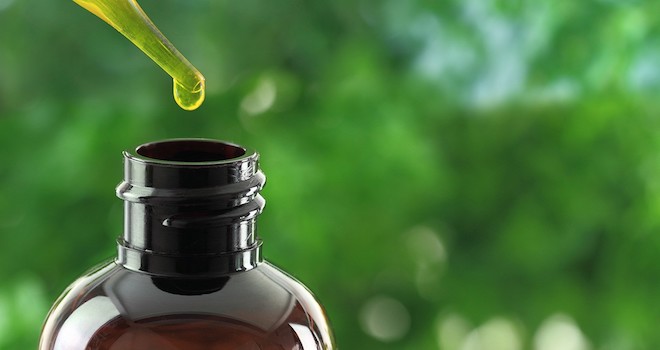Both CBD and THC are made from cannabis. The formal name for CBD is cannabidiol, while THC’s formal name is tetrahydrocannabinol. The two substances share a lot of similar benefits, but many states treat the two of them differently in terms of legal status. In spring 2018, Rolling Stone magazine called CBD “the unexpected star of legalized pot.” It’s been hailed as a miracle cure for certain conditions, notably serious seizure disorders. Families have even moved to states such as Colorado just so they can have legal access to CBD oil for their children. And that brings us to the biggest difference between CBD and THC: The former isn’t designed to get you high.
How CBD Works
CBD and THC both come from cannabis plants, but CBD is often associated with hemp plants, whereas THC is associated with marijuana plants. That makes a world of difference, mostly because hemp contains little to no THC. THC is the culprit behind that giddy, euphoric feeling that’s associated with smoking a marijuana cigarette.
So, no, parents aren’t moving their children to other states to get them high. Anyone who says that either doesn’t understand what’s happening or is trying to use scare tactics to make people fear CBD. Families are using CBD for therapeutic purposes. The 2014 Farm Bill does make it legal to cultivate hemp in certain circumstances, but those circumstances are more narrowly defined than many CBD proponents believe. For one thing, the plant has to have less than 0.3 percent THC, and it also has to be grown for either state or academic research purposes. That means most people can’t just start a hemp garden in their backyard.
Nowadays, a lot of people take their CBD in either oil or pill form, but other options exist. If regular gummies aren’t doing it for you, you can buy ones infused with CBD. There’s gum, soda, and even CBD edibles that you can ingest in a variety of ways.
How THC Works
THC is a psychoactive substance. This means it affects your mind, and that’s how marijuana enthusiasts prefer it. They smoke it in a bong or eat it in a brownie to get that overwhelmingly pleasant sensation that makes them forget their troubles and just chill out. It can also make them hungry, of course, which is why so many fast-food restaurants are open late.
That high, however, also comes with some side effects that aren’t associated with CBD. Have you ever tried to catch an object when you’re high? It probably didn’t go well, and that’s because THC affects your reaction times. It can also give you red eyes and dry mouth. It’s possible for you to smoke marijuana, and then, a few hours later, have trouble remembering exactly what you did while you were high. That doesn’t mean you’ll wake up the next day and forget who you are. The effect isn’t that drastic.
The Legal Future of CBD and THC
Both CBD and THC have benefits, even though only one is psychoactive. As mentioned before, CBD from hemp is legal in some circumstances, and US Sen. Mitch McConnell of Kentucky has introduced a bill to make more types of hemp cultivation legal. However, the bill would ensure that marijuana with THC remains illegal on the federal level.
Still, some good news is better than none. If you’re interested in trying CBD oil, your odds of getting arrested for it are quite low, although you should still check your local laws first to be safe.




